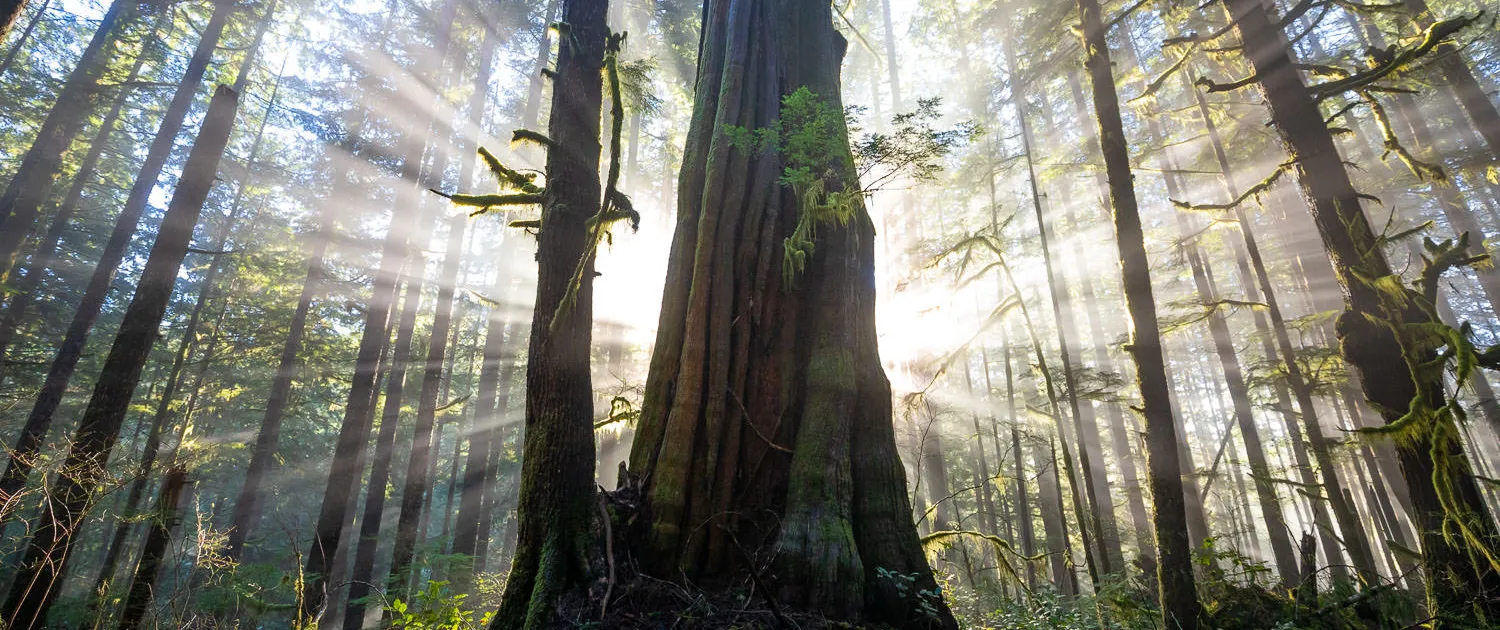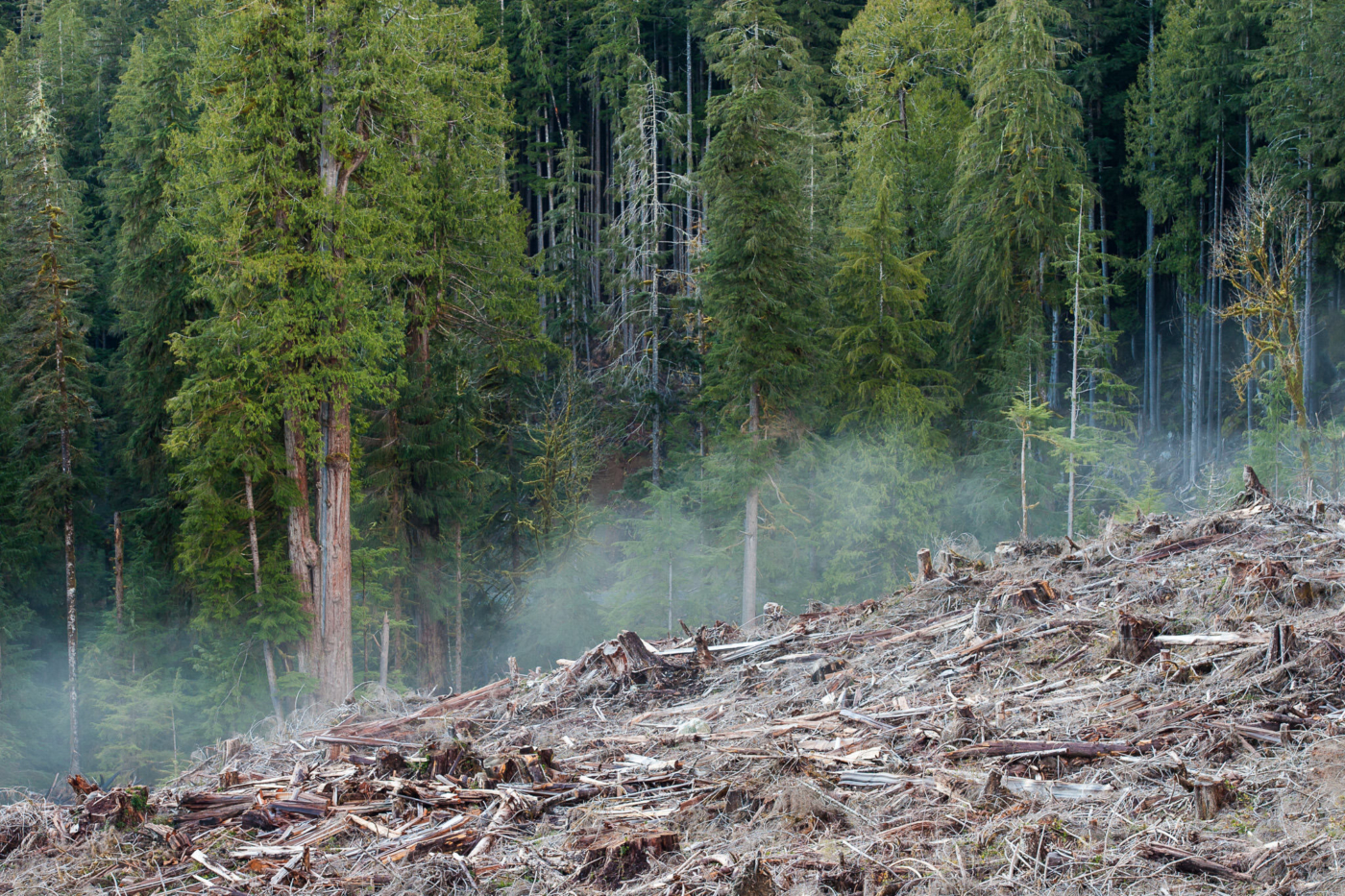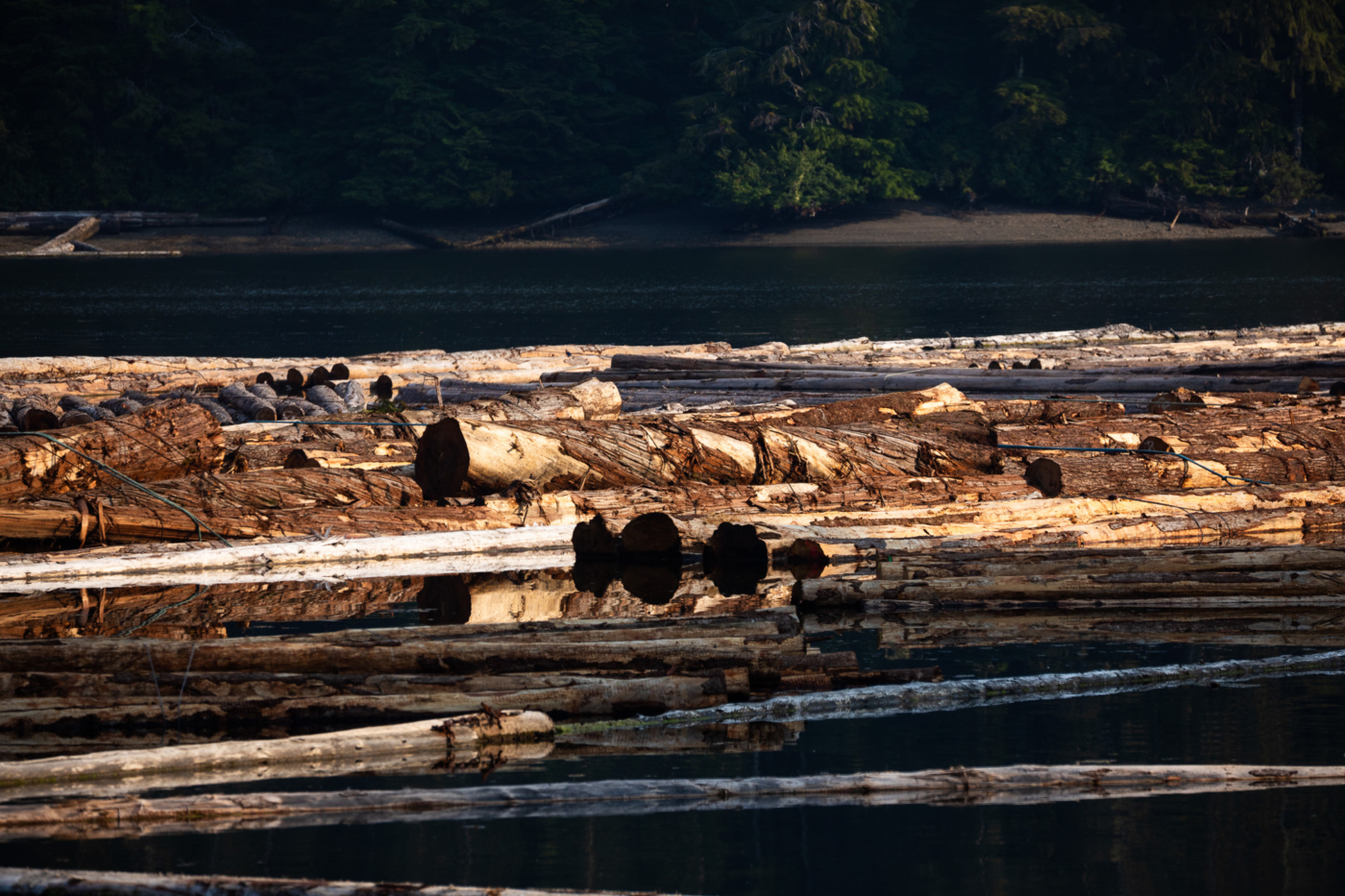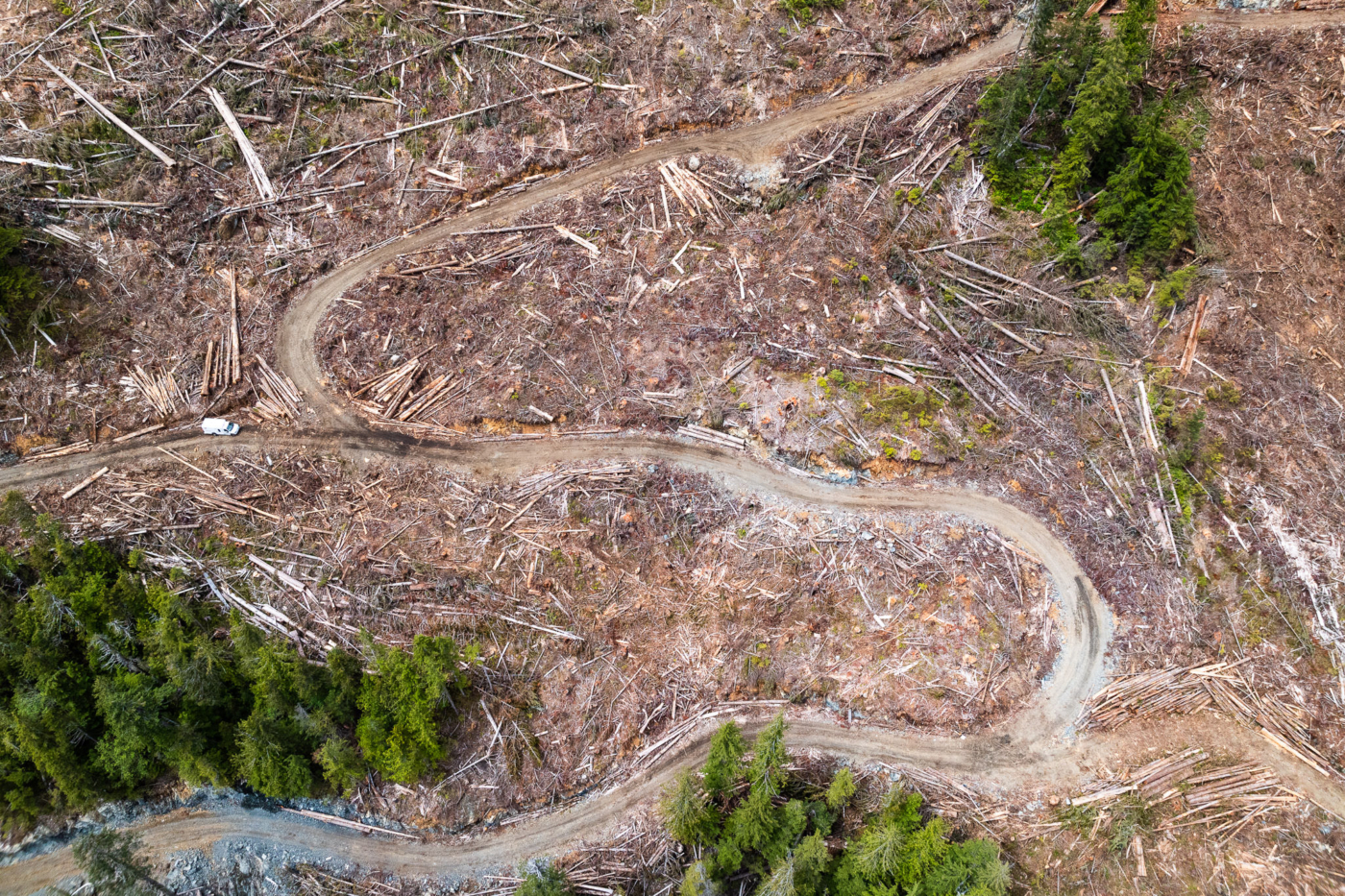 Jun 4 2016
Jun 4 2016Editorial: Good ecology is good economics
What’s good for the environment is good for the economy. That’s a concept most British Columbians embrace and it’s what the B.C. Chamber of Commerce appears to have decided in seeking protection for some old-growth forests.
The chamber voted this week to ask the province to expand protection of old-growth forests in areas where they have, or likely would have, greater economic value if left standing.
The resolution also called on the province to enact new regulations — incorporating such strategies as an old-growth management area, wildlife-habitat area or land-use order — with an eye on eventually legislating permanent protection through provincial-park or conservancy status.
The doesn’t mean the chamber of commerce has suddenly become an environmental-advocacy group — it still has its eye firmly on the economy. The proposal applies only to old-growth forests in areas accessible for tourism — the chamber still supports loggers’ rights to harvest timber for more remote forest stands, even if they have ecological value.
Still, it’s an acknowledgment that forests can have value beyond the amount of timber than can be taken out of them.
Natural resources have always been important to B.C. — logging, mining and fishing have long been mainstays of the province’s economy. But B.C. is also known for its incredible natural environment, and the province’s two aspects often collide.
The conflict between the economy and the environment reached a peak in the mid-1990s, when protests and blockades were set up to prevent the clear-cutting of old-growth forest in Clayoquot Sound. It was a tipping point that brought about a major shift in policies and attitudes.
The timber industry was no longer “king” in B.C., and non-aboriginals began increasingly to see through the eyes of peoples for whom the forest has been home for millennia. It moved us closer to a balance between protecting the environment and sustainably harvesting its resources.
It’s an uneasy balance and, sadly, is often not achieved, but at least “sustainability” and “environmentally friendly” are widely accepted as worthwhile goals. It’s becoming more widely accepted that a healthy environment and a healthy economy are not mutually exclusive.
In fact, as the B.C. Chamber of Commerce indicates in its motion, protecting the environment can be good for business.
Old-growth forests and other pristine areas of B.C. attract an increasing number of visitors, and will continue to generate jobs forever. When an area is logged off, the jobs are gone until the forest regenerates, and that takes a long, long time. We should remember, too, that forests are about more than esthetics or recreation — they are vital to the health of our watersheds and even the air we breathe.
Businesses are increasingly recognizing that environmental sustainability is not only good business, it is essential. More and more investors are demanding that corporations be environmentally responsible as well as fiscally responsible.
They have recognized what we must all recognize — that if we don’t look after the environment, we won’t have an economy.
Read more: https://www.timescolonist.com/opinion/editorials/editorial-good-ecology-is-good-economics-1.2268661






